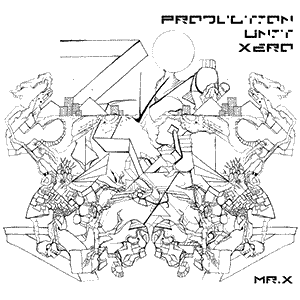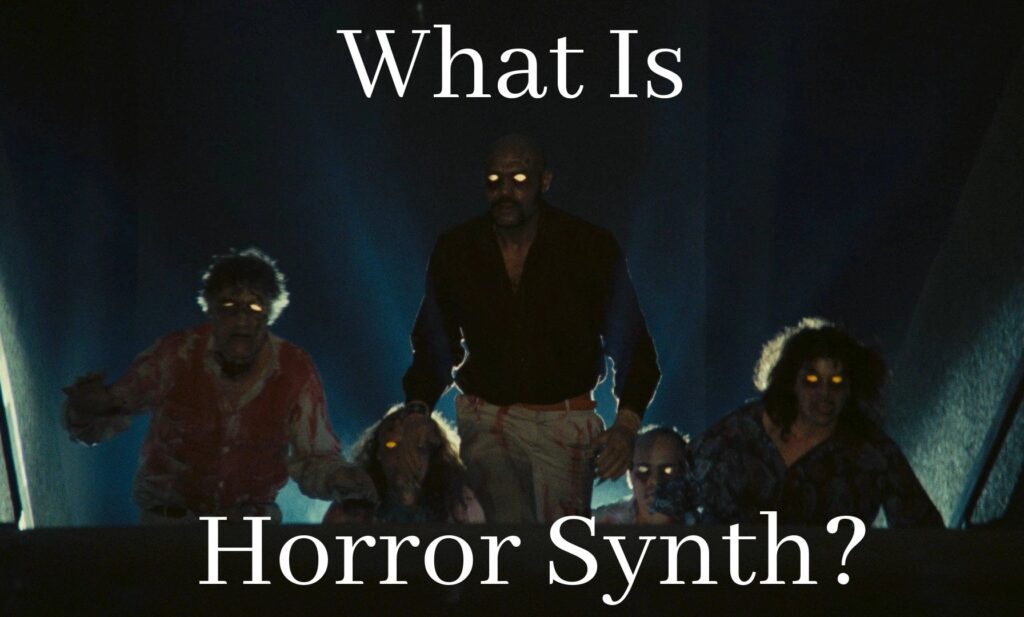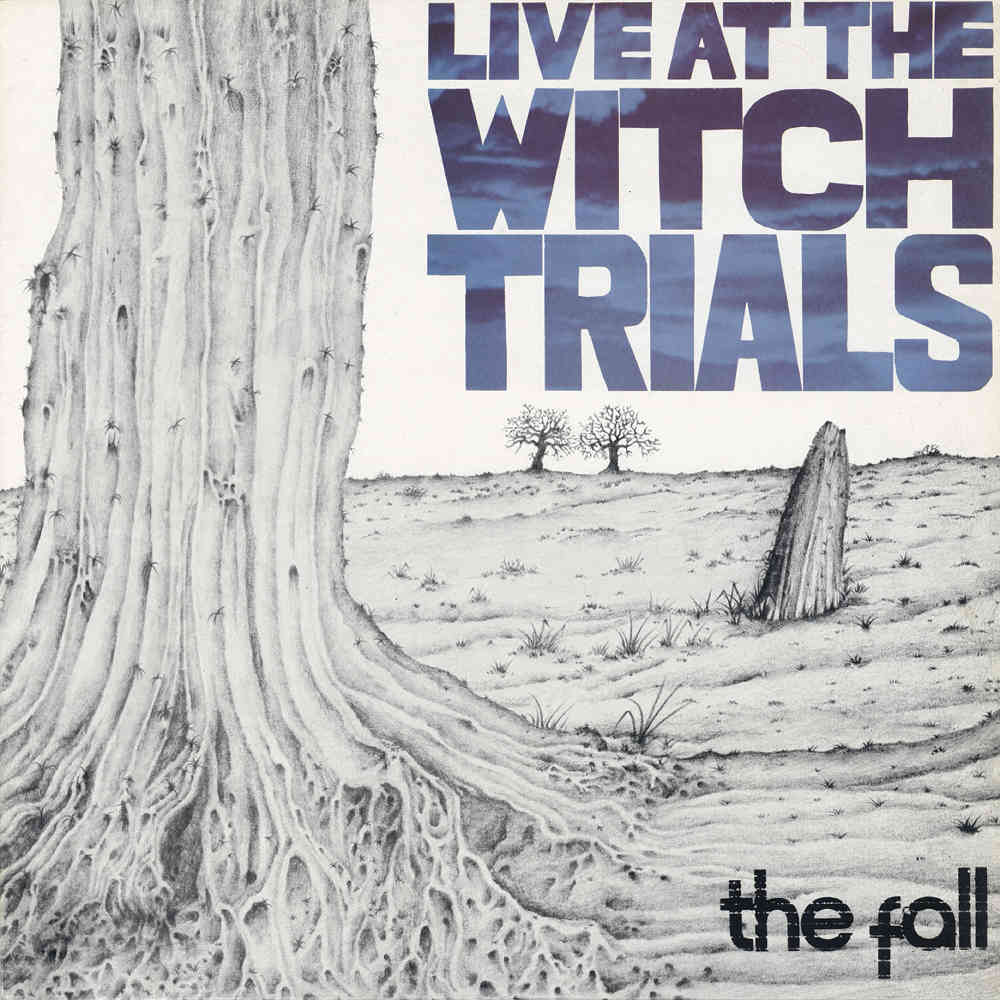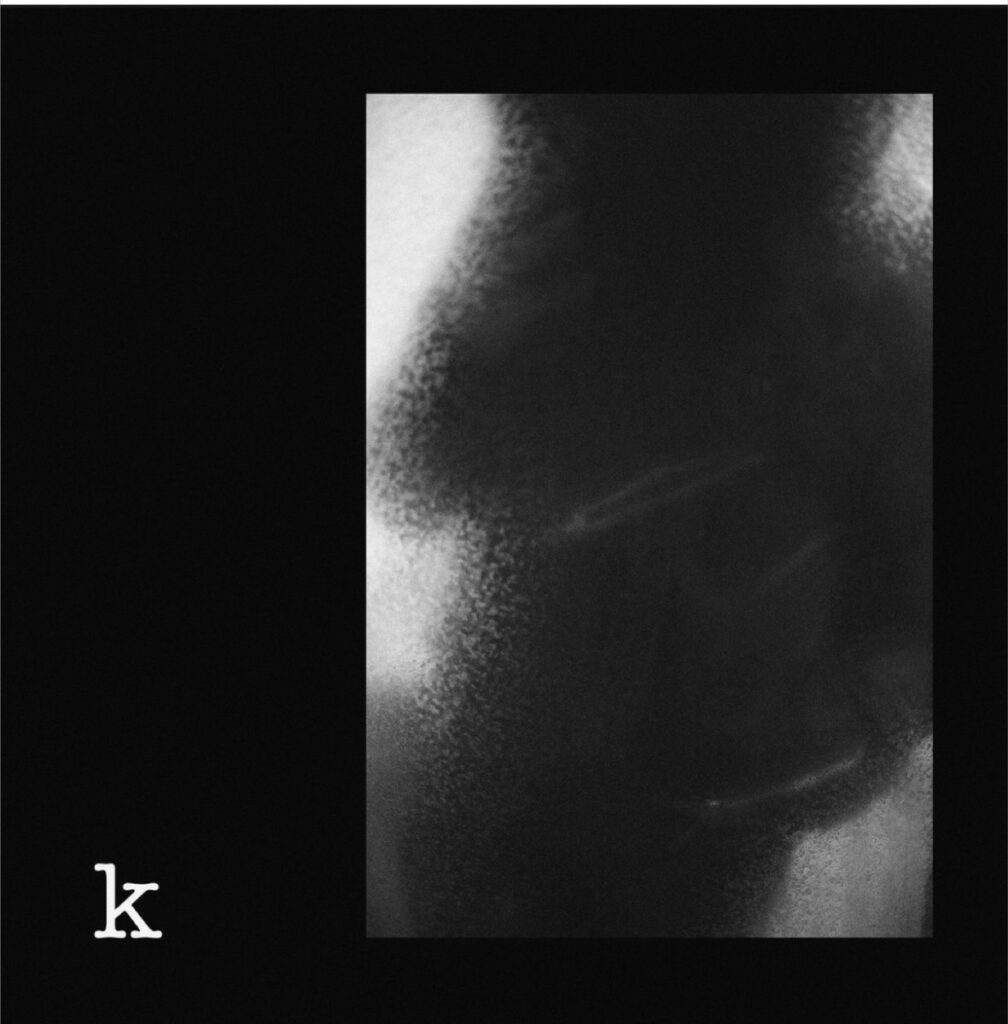The Sisters of Mercy – Floodland (1987)
With much of California under water due to an unheard-of hurricane, it felt like a perfect opportunity to re-assess Floodland, a Gothic Rock landmark and staple that’s rarely been matched, let alone surpassed, to this very day.
It’s also an anomaly in the Sisters’ discography that contained the seeds of their destruction as well as glimmers of their glittery future.
Released in 1987, Floodland found The Sisters of Mercy in a weird state of flux. Having recently lost original and long-running members Gary Marx, on guitar; Wayne Hussey, also on guitar; and Craig Adams on bass, Floodland is ostensibly an Andrew Eldritch solo record, constructed around his sepulchral baritone and his burgeoning interest in synthesizers, which was what caused Marx to leave the band in 1986. The Gun Club’s Patricia Morrison’s glistening bass tone was a nice boost, as was her iconic Siouxsie-esque death rock look, but the reliance on synths and slick production values courtesy of big time producers like Larry Alexander, Roy Neave, and Jim Steinman – a super-producer who’d previously worked on the behemoth of odious, pretentious dinosaur rock, Meat Loaf’s Bat Out of Hell – had longtime fans worried about their ability to recreate the songs live, which is how The Sisters of Mercy built their following in the first place. They were clearly swinging for the bleachers and, in the process, risked becoming the kind of band they were created to pillory and revile.
It’s almost hard to believe the band responsible “Dominion/Mother Russia,” with its shiny guitar hook, glistening drum machines, well-oiled Lost Boys sax and an honest-to-Gods choir, courtesy of the New York Choral Society, could have emerged from the crypt of punk rock. It’s as shiny as something you’d hear on a Simple Minds record. Instead of taking away from The Sisters’ shadowy glamour, though, it’s just a reminder Simple Minds could be sorta awesome, at times, too.
Once the gauntlet’s been thrown, Floodland doesn’t stop; it’s all killer, no filler, with goth banger after banger (provided you’re not thrown by the introspective, minimalist piano ballad “1959.”) “Flood I” calls back to the band’s moodier roots, dropping the tempo and adding a delicious late-80s cyberpunk synth throb, made that much more delicious with a Middle Eastern-sounding synth hook that wouldn’t sound out of place on The Cure’s Faith. “This Corrosion,” another to feature a lavish backing chorus, is one of The Sisters’ most iconic and enduring singles, with its proto-digital synth bass and pop rock singalong hooks bristles with crossover potential. Instead of being tainted by pop culture’s machinery, “This Corrosion” legitimately raises the possibility of The Sisters of Mercy infecting Top of the Pops like David Cronenberg’s Videodrome. This isn’t too far off the mark, as Floodland went gold in the UK, selling over 100,000 copies in only five months aided, no doubt, by “This Corrosion”‘s cinematic, cyberpunk music video, inspired by Ridley Scott’s Blade Runner.
“Lucretia, My Reflection” also got a wide-screen music video for its stainless steel drum machines and glistening bassline, although this one seems more inspired by Tetsuo, the Iron Man or Dziga Vertov’s avant-garde ode to the proletariat, 1929’s Man with a Movie Camera.
Creating a classic Gothic Rock record is a precarious act, like juggling lions while walking a tightrope across a canyon. There are a million-and-one ways to succumb to cheese – becoming too self-serious, trying too hard for a spooooky aesthetic, layering on more post-production than a Michael Bay movie. In fact, creating a classic Goth Rock record requires an almost impossible alchemy – simultaneously owning the camp silliness of early horror and sci-fi while also taking itself completely seriously, like Bela Lugosi, with his Hungarian theater pedigree giving his all for clunkers like The Raven.
We won’t suggest Floodland is the greatest Gothic album of all time. It’s going to be too polished and slick for some, for starters, sounding too much like what was playing on commercial radio in 1987 with all of the dangerous, subversive edge sanded down to be made palatable for mainstream consumption, for one thing. For another, that would require coming to a consensus on Goth’s best and most essential characteristics which, like most things having to do with music, are largely subjective. Some will prefer the greyscale tensile aggression of early post-punk-related goth music. Others gravitate towards the Aqua Net White-doused Death Rock. Still others will lose their shit over more electronic fare, like EBM or the industrial rock of labels like Wax Trax. Regardless of what flavor of Goth you prefer, Floodland is a marble-cold classic Goth album and, arguably, the best in their career.
Written in solidarity for all affected by Hurricane Hilary.
You can also find Floodland on J’s Classic Gothic Rock Albums and Gothic masterlist playlists on Spotify.
What other Gothic Rock albums would you like to see us cover? Let us know in a comment or get in touch with us on Instagram!





